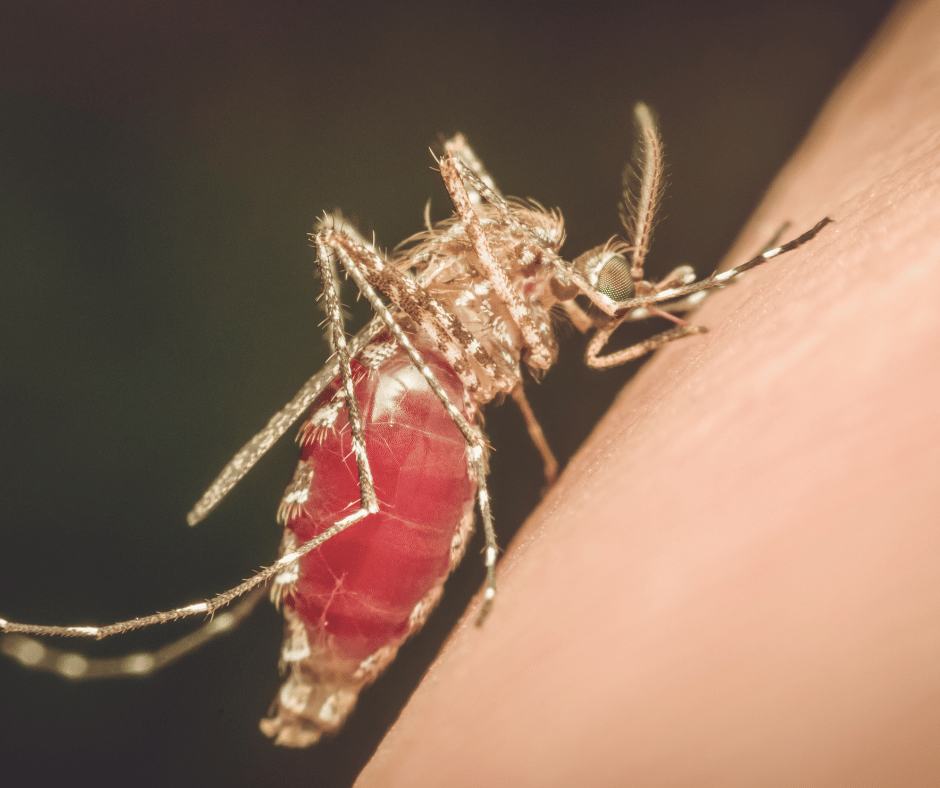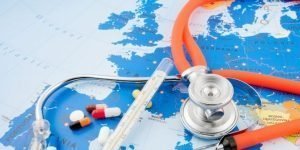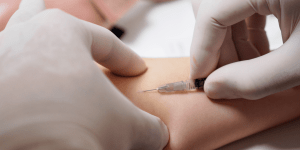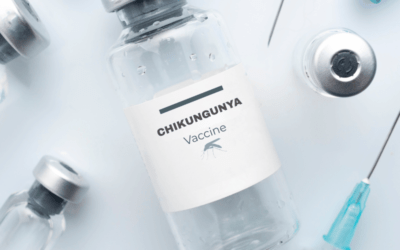The Guidelines for malaria prevention in travellers from the UK: 2022 have just been published. All professionals that are working in travel health services should be familiar with these guidelines as they are developed by the UK Health and Security Agency (UKHSA) Advisory Committee on Malaria Prevention (ACMP).
For those not familiar with these guidelines, we would recommend that you bookmark the link to this document, as many complex scenarios and challenging consultations can be addressed using the current evidence covered.

Key updates
The main focus on this years annual revision is the impact of COVID-19. More specifically, with travel now increasing again, that there may be a risk of returning travellers’ being misdiagnosed with illnesses such as COVID-19, flu or other illnesses. The consequences of this may lead to increased morbidity and mortality associated with returning travellers.
Therefore, the bite avoidance section has been updated to emphasize the importance of these measures in preventing Malaria.
Malaria Guidelines – Contents
Often these guidelines are not used as effectively as for example the Green Book. Rather than having separate links for each section, the document is one large document.
Below is a summary of each chapter and what you can find in it:
| Chapter | What the chapter includes |
|---|---|
| General Issues | – Introduces Malaria ABCD – Provides guidance on difference between NaTHNaC& Travax – Highlights the importance of assessing the medical history of the traveller |
| Awareness of Risk | Introduces: – What malaria is – Life cycle – Malaria the illness – Where malaria is found – Factors that can increase risk |
| Bite Prevention | This chapter is really important as it provides the measures that can be taken to avoid being bitten that are evidence based and also highlights many of the myths. |
| Chemoprophylaxis | This chapter covers all of the currently available prophylaxis drugs that are available including details on things such as: – Efficacy – Dose – Contraindications & Cautions – Interactions and Side-effects There is also a really helpful dosage chart for children in this section. In addition, there is a country table which advises which medications are suitable dependent on region. |
| Diagnosis | A summary on symptoms of malaria, how it is tested for and a reminder that malaria is a notifiable disease. |
| Special Groups (Medical Conditions) | This is a really important chapter for special groups with a medical condition as specific guidance is given in relation to: – Smoking Cessation – Pregnancy (including advice pre-conception) – Breastfeeding – Anti-coagulants – Epilepsy – Sickle cell disease and thalassemia – Immunocompromised travellers – Liver disease – Renal impairment – Splenectomy – Acute porphyrias |
| Special Categories | Another really helpful chapter which gives advice on: – Children – Elderly travellers – Multi-trip travel – Cruises – Oil rigs – National park visits – Stop overs – Last minute travellers – Visiting friends and relatives – Students and boarding school pupils – Long term travellers One of the most important and most helpful sections of the guidelines is the ‘Frequently asked questions’ section. A ‘must read’ for all travel health professionals. |
| Information Resources | All the references and appendices |
Want to learn more about Travel Health? Check out our range of courses available
Health Academy have a whole range of courses delivered virtually, face-to-face and via e-learning. Take a look at all of our travel health courses below:










